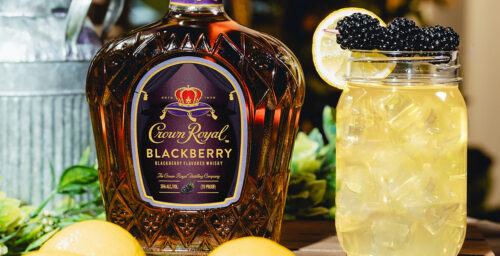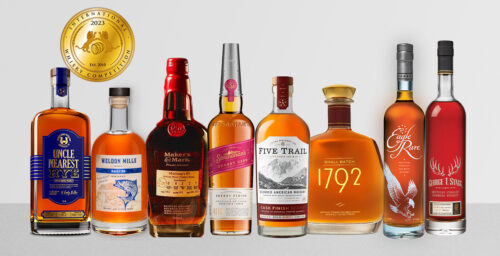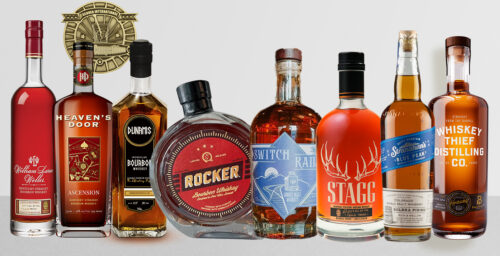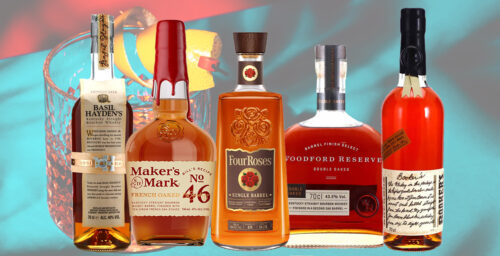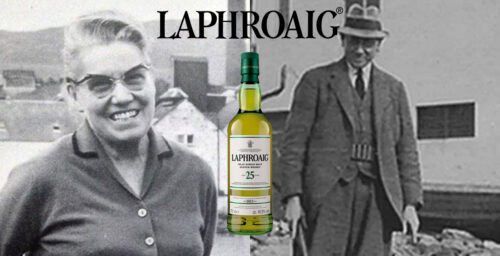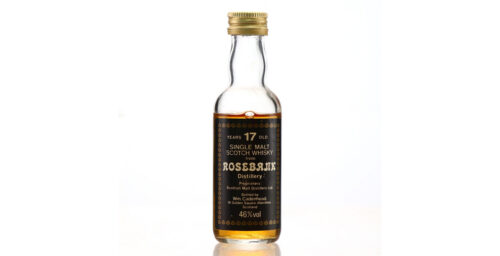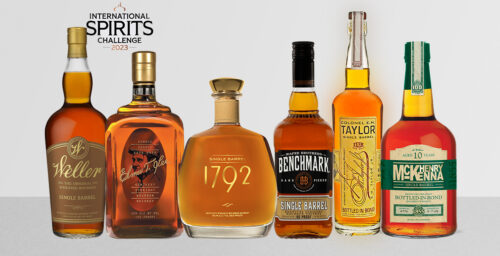Something funny in the whisky world has been happening on social media. Many whisky lovers around the world have been seeing a barrage of ads claiming that there is money to be made off of purchasing whisky casks as an investment. Many of these new firms are claiming that whisky investments have seen a 586% ROI in the last 10 years, or are all but guaranteeing impressive numbers in annual returns.
Unfortunately, the truth is that the whisky cask market is a murky world. Many firms provide mis-contextualized information on the cask market to rope potential buyers in. They also sell casks at over-the-market prices, or use similar techniques to the whisky cask scammers that also proliferated 15 years ago. They may actually not even legally ‘give’ you your cask even after it’s purchased.
However, this isn’t to say that it isn’t worthwhile to buy a Scotch whisky cask, for either fun or potential profit. It’s just important to be careful. These tips below should help guide you on how to do so safely and to avoid the firms out there that will put your investment at risk.
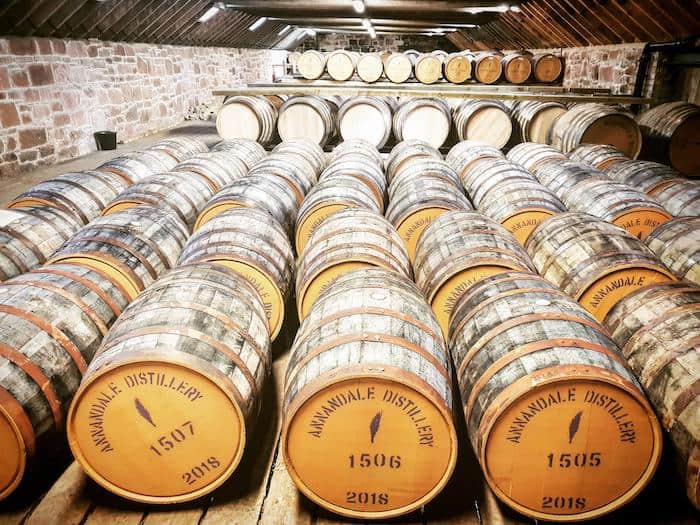
1.Get a Delivery Order
Of the documents you should know when buying a cask from a company that isn’t a distillery, the Delivery Order (DO) is probably the most important. It is a written record sent to the legal warehouse keeper storing the cask between the buyer and seller, proving the transfer of ownership.
If you don’t have a DO (i.e. a company or firm manages the cask for you) then you don’t actually legally own your cask, meaning that if said firm goes bust or is a scam it’s going to be really hard to prove you owned the cask in the first place. Without a DO, your investment is at much greater risk. They are not always easy to get ahold of (it’s a time-consuming process to arrange for the few warehousekeepers out there and cask sellers), but also ensures that your cask is definitely yours. Remember, a ‘certificate of ownership’ from a seller doesn’t actually mean anything legally.
Be extremely cautious if a cask seller isn’t transparent about this process.
2. Buy directly from a distillery
If you buy a cask directly from a distillery, you don’t need to worry about a DO. In this case, a certificate of ownership does the trick. Buying direct from a distillery ensures that you are probably getting a fairer price for a cask as well. Furthermore, it’s a great way to support a distillery while getting a cask of excellent whisky. New distilleries especially use cask sale schemes as a way to generate cash while they wait for their whisky to mature to the minimum 3 years.
However, it’s not advisable to buy casks from distilleries that haven’t been built yet.
3. If buying mature whisky, get a sample and regauge the cask
Though it’s not always possible, try to get a sample of the cask you’re buying if it holds mature whisky. It helps to know if the whisky you’re purchasing is good, right?
Also, watch out for the numbers for ‘OLA’ and ‘RLA’. OLA stands for Original Litres of Alcohol, which helps determine what the strength of the new make that went into the cask is. RLA stands for Regauged Litres of Alcohol, which is the updated measure of the strength and fill level of the cask. This figure shows how the whisky is progressing and to what extent it’s evaporating in the cask. If buying mature whisky, it’s useful to get a regauge.
4. Understand the numbers
The value of a whisky cask is, in theory, based on how much the whisky inside it can be sold for when it is eventually bottled. Therefore, it’s important to know all the underlying costs related to buying casks.
In addition to the price of the cask, excise duty and VAT must also be paid (these vary by country if exporting the cask), along with bottling, transportation, and labelling. Sometimes additional costs can come into play as well. Cask broker Mark Littler also has created a useful cask price calculator which gives a more accurate figure behind the true costs of buying a whisky cask.
Divide this total by the number of bottles, and you can compare the resulting cost per bottle to what similar whisky, specifically single cask offerings, from that distillery sells for. This will help you understand if you’re getting a good deal, or whether you’re paying over the market value.

